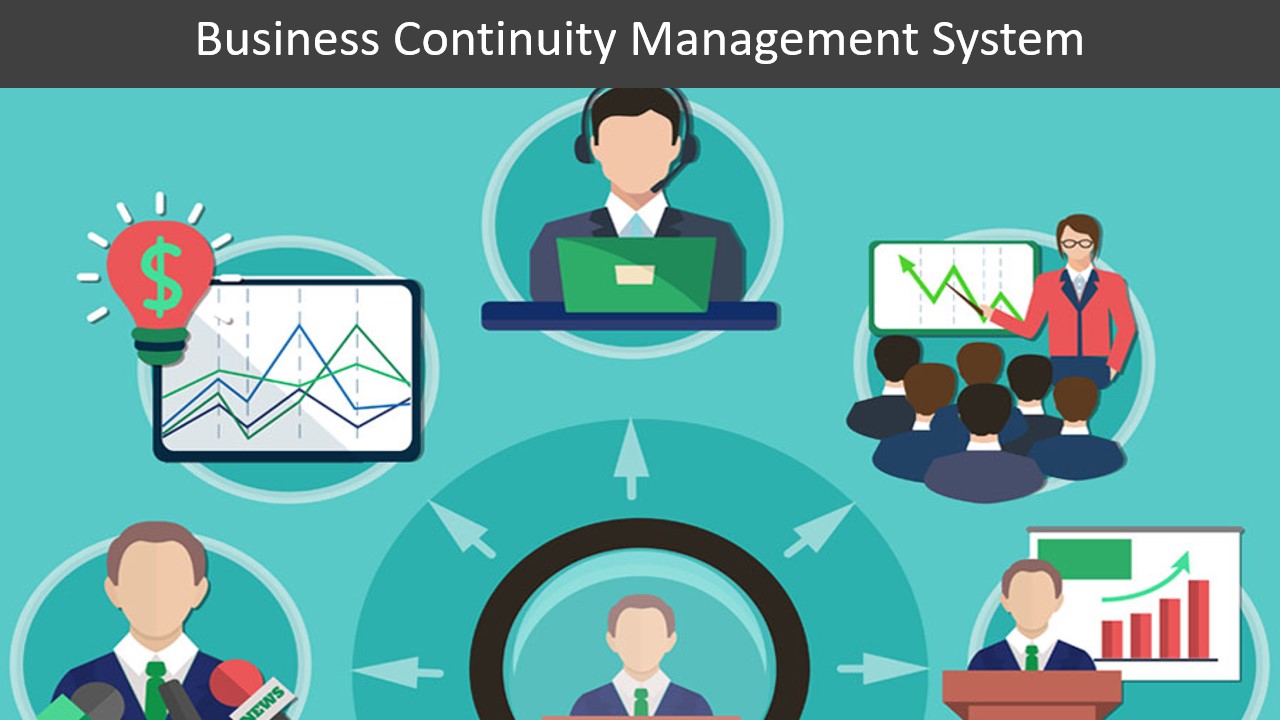Organizations are continuously exposed to various risks in today's quickly changing business environment, including supply chain disruptions, cyberattacks, natural disasters, and political instability. This is where a Business Continuity Management System (BCMS) is applicable. Structured methods for business continuity are provided by internationally accepted standards like ISO 22301 and regional frameworks like NCEMA 7000. The significance of business continuity management, the advantages of ISO 22301 certification, and how NCEMA 7000 fits with the UAE's mission to improve resilience will all be covered in this blog. We'll also examine how Agile Advisors can help businesses implement robust BCMS strategies. The methods, processes, and procedures businesses implement to guarantee that vital business operations continue during and after an interruption are known as business continuity management or BCM. To reduce downtime, a BCMS usually consists of emergency response plans, business impact analyses, continuity strategies, risk assessments, and recovery procedures.
Leading consulting firm Agile Advisors assists businesses in implementing robust business continuity strategies, obtaining ISO certifications, and adhering to legal requirements such as NCEMA 7000. The globally accepted standard for business continuity management system is ISO 22301. It gives businesses a thorough framework for organizing, creating, implementing, running, monitoring, reviewing, and enhancing their BCMS. The Business Impact Analysis (BIA) standard is the main emphasis of ISO 22301: recognizing essential business operations and comprehending the possible effects of a disruption. Risk assessment is analyzing potential threats to business continuity and determining the best ways to mitigate them. Continuity planning is developing organized strategies for handling interruptions, reducing downtime, and quickly recovering. Regular testing ensures that business continuity strategies are workable and efficient.Making sure the BCMS adapts to shifting threats, technological advancements, and business environments is known as continuous improvement. Businesses can show their dedication to preserving operational resilience and protecting stakeholder interests by implementing ISO 22301.
To meet national expectations for crisis management and business continuity, UAE-based firms must consider local laws and standards in addition to international ones like ISO 22301. The NCEMA 7000 standard, a comprehensive framework created by the National Crisis and Emergency Management Authority (NCEMA), plays a crucial role in increasing the UAE's national resilience to crises and emergencies. Organizations in the UAE must adhere to the NCEMA 7000 standard to create and carry out efficient crisis and disaster management strategies. Essential features of NCEMA 7000 consist of Crisis Management Structure: Putting in place a well-defined organizational structure with roles, duties, and decision-making procedures for handling crises. Plans for Emergency Response and Communication: Creating clear protocols for informing the public, staff, and stakeholders during a crisis. Making backup plans to guarantee that vital services are provided during and after a catastrophe is known as preparedness and recovery planning. Regular exercises are conducted to verify preparedness and assess how well business continuity plans work.
Any company in the United Arab Emirates needs a robust business continuity management system (BCMS), especially with growing risks and unpredictability. Whether using the internationally recognized ISO 22301 framework or the regionally specific NCEMA 7000 standard, putting in place a thorough BCMS guarantees that companies can effectively handle emergencies, save downtime, and bounce back fast. Working with seasoned consultants like Agile consultants can be the difference between risk and resilience as firms deal with growing difficulties. Organizations can adopt ISO 22301 and NCEMA 7000 by utilizing their experience, setting themselves up for success in the face of difficulty. Being resilient means thriving despite interruptions, not merely surviving them.

